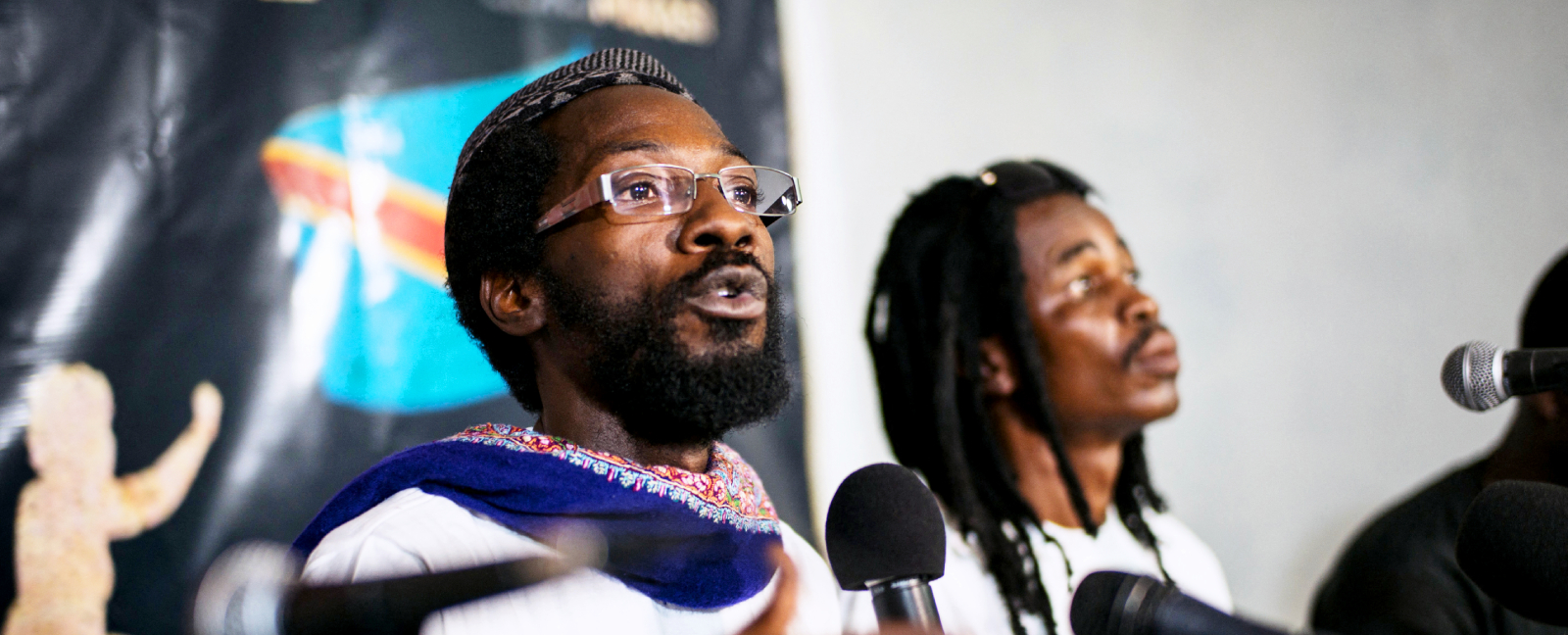




Civil rights organizations and community-based organizations in Kenya are criticizing new registration requirements for national identity cards issued to communities residing on border and cosmopolitan areas of the country. The new regulation is criticized for maintaining an unfair and potentially arbitrary procedure for ID applications. President Ruto declared that vetting committees would be eliminated by 1 May 2024, but the new guidelines replace them with another bureaucratic process that includes chiefs and security agencies with discretionary power to grant IDs. The complex nature of identification, rights assertions, and citizenship claim-making is traced back to discriminatory laws and amendments in Kenya's history. Despite constitutional reforms, certain ethnic groups still face difficulties in obtaining identification documents that confirm their Kenyan citizenship. The dissolution of ID Vetting Committees and the introduction of new procedures have been criticized for replicating the abolished process and potentially leading to delays and corruption. Concerns are raised about the lack of a clearly documented framework, the framing of Kenyan citizenship as a case of ineligibility, and the association of citizenship with national security rather than rights. To ensure fair ID application processes, historical wrongs should be addressed, application requirements should be clearly defined, and the granting of IDs should be seen as a matter of rights rather than national security. [ee6fec96]
Authoritarian governments and conservative forces are redefining and appropriating human rights for their own ends. They claim to renew rights but actually roll back protections and create false rights hierarchies. This strategy involves messenger and motive legitimacy, process legitimacy, substantive legitimacy, and norm diffusion. Civil society must challenge these appropriations and advocate for the universality and indivisibility of human rights. [ee8b7e81]
The influence of authoritarian governments and conservative forces in redefining and appropriating human rights has raised concerns about the universality and indivisibility of these rights. These actors claim to be renewing rights, but in reality, they are undermining protections and creating false hierarchies. This strategy involves various elements, including messenger and motive legitimacy, process legitimacy, substantive legitimacy, and norm diffusion. It is crucial for civil society to challenge these appropriations and advocate for the fundamental principles of human rights. [ee8b7e81]
This article discusses the framework of People(s)-Centered Human Rights (PCHR) and the Black Radical Tradition. It reflects on the history of struggle that produced the Universal Declaration of Human Rights (UDHR) and the ideological polarization around the concept of human rights. The article argues that the liberal human rights framework, which prioritizes civil and political rights over economic, social, and cultural rights, has been weaponized by neoliberals to justify imperialist interventions. In contrast, the PCHR framework asserts that human rights must be de-colonized and created from the bottom-up through social struggle. The article emphasizes the importance of defeating the white supremacist colonial/capitalist patriarchy and achieving social revolution for the realization of authentic freedom and human dignity. The author, Ajamu Baraka, is the national organizer of the Black Alliance for Peace and a former candidate for vice president on the Green Party ticket. [d1bdf9c1]
The article 'Pan-Africanism Reborn?' by Paul Nantulya explores the history and current state of Pan-Africanism, highlighting its role in promoting democracy, human rights, and citizen agency in Africa. It also discusses the challenges faced by Pan-Africanist intellectuals and the repression of independent thought in many African countries. The article further explores the revitalization of Pan-Africanism by pro-democracy grassroots organizations and the growing trend of young people embracing Pan-Africanism as a mobilizing tool for democratic resistance. The author emphasizes the importance of reclaiming the ideals of Pan-Africanism and strengthening safeguards to protect reform movements and spaces for intellectual thought and learning. [fb61acd6]
Working people have historically fought against various forms of oppression, including feudalism, capitalism, colonialism, imperialism, and religious fundamentalism, to advance democracy and secure citizenship rights. The anti-colonial and anti-imperialist struggles in Asia, Africa, the Americas, and the Arab world significantly contributed to the realization and expansion of citizenship rights beyond the narrow ideology of the Westphalian framework, while also strengthening democratic systems of governance within Western Europe. However, in recent times, democratic and citizenship rights are under threat from reactionary and anti-democratic forces who wish to continue and revive their hegemony over people to control resources by expanding the project of territorialization. These forces aim to roll back the progress made by previous generations in securing democratic freedoms and rights. There are consistent attempts to spread the venom of territorial nationalism to weaken the universal approach to citizenship rights. These efforts aim to divide people along narrow sectarian lines, categorizing them as natives or foreigners, Hindus, Christians, Muslims, rich, poor, urban, rural, educated, illiterate, skilled, unskilled, migrants, and various racial and territorial nationalities. The division among and between people on territorial grounds weakens the collective and democratic foundations of citizenship rights. Territorialization often aligns with the interests of those in power, who use it as a tool to maintain control over resources and populations. Both the processes of territorialization and deterritorialization of citizenship rights are exclusionary and detrimental. It is time to reclaim the legacies of various mass movements throughout history to reassert our citizenship rights beyond narrow and reactionary frameworks of the Westphalian ideology. By doing so, we can put an end to so-called nationalist wars that primarily serve to protect the power and interests of corporate capital. By fostering global solidarity and inclusivity, masses can build a democratic system that reflects the interconnectedness of our world and addresses the needs of all people, regardless of their background. [56d47f22]